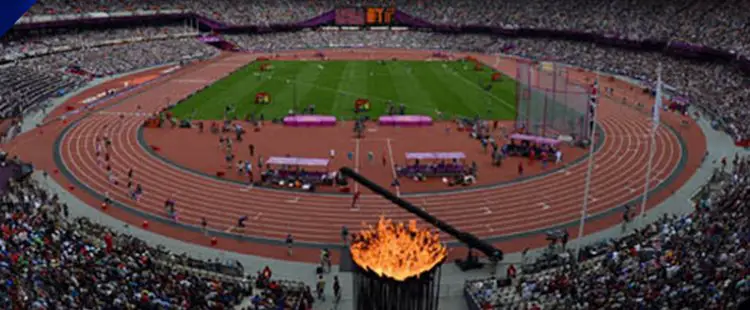
Paralympic legacy: are you noticing a difference?
Following on from this weekend’s events to celebrate the start of the Paralympic and Olympic Games last summer, charity Scope shares with us some of its research into how the Paralympic Games have affected disabled people one year on.
As he closed the Paralympics, Lord Coe said we’d never view disability in the same way again. But one year on there is a real debate about the so-called Paralympics effect.
At the time, Scope argued that the Paralympics was a huge opportunity. Most non-disabled people don’t get a chance to speak to disabled people, in fact 91% have never had a disabled person to their home for a social occasion. Disabled people feel strongly that what’s said publicly is crucial in shaping attitudes, and the Paralympic Games were a great opportunity to change public opinion about disabled people.
We argued that last summer was a breakthrough moment for the perception of disability; disabled people had never been so visible and disability had never been talked about so openly. Some interesting findings from a Channel 4 survey in the aftermath of the Paralympic Games suggests there had been impact:
- Two thirds of people said it had made an impact on their perception of disability.
- 80% of people surveys agreed that disabled athletes are as talented as non-disabled competitors.
But you can’t change society overnight. So a lot of people are trying to keep the positivity going: the Minister for Disability has launched a bid to encourage celebrities become disabled role models; Channel 4 brought back the Last Leg; disabled comedians like Jack Carroll from Britain’s Got Talent are coming to the forefront and as well as disabled actors, such as Peter Dinklage in Game of Thrones and R.J. Mitte in Breaking Bad.
But at the same time there’s concern that the positivity is being drowned out by the ‘benefit scrounger’ rhetoric – 73% of disabled people have experienced the assumption that they don’t work.
So we want to use the anniversary of the Games to make a noise as loud as last summer and out-shout the negativity. But we need your help, and here’s how…
- Send in examples of the positive impact the games has had on your everyday life? Please tweet them @scope and use the #paralympicseffect hashtag.
- And to help us convince the Government to stop the scrounger rhetoric, please tweet examples of where this has led to hostility using the #attitudesfail hashtag.
Find out more about the research Scope has done by visiting their section on disability and the Paralympic Games.
If you want to catch up on anniversary the events form the weekend, you can watch it all on BBC iPlayer.
By Scope
Check out…
Let us know what you think about the legacy of the Paralympic Games. You can email us at editor@disabilityhorizons.com, tweet us at @DHorizons or message us on Facebook.
So you’re only interested in positive comments to “out-shout the negativity”? Has there really been any difference? I don’t think so.
Are fewer people parking in blue badge bays when they shouldn’t? Are more places making their places accessible and increasing disability awareness training for their staff? Are more disabled people taking up sport activities?
Let’s get away from being conned into believing the spin that the Games made an impact on everyday life and produce some facts. I personally have seen absolutely no difference to attitudes even though in my work as a trainer promoting a better understanding of disability, I have seen more schools interested in booking me to talk about everyday life dealing with disability.
Steve
I agree with Steve the Paralympics made zero real difference to actual lives of everyday disabled people. How many more disabled people were permanently employed by changed attitudes? Scope along with many other national charities has remained mute in the face of the Atos WCA scandal – Atos the main Paralympic Sponsors for goodness sake. Paralympians in positions of influence also keeping their heads down over the whole WCA scandal. Sorry when I think of the difference these people could have made as leaders of the disabled community I am massively disappointed.
Also sport is far from the only route to success for disabled people and I am heartily fed up of if being pushed as such. I made a successful career outside sport after being an early disabled athlete circa 1970’s so I have been there and done it. My question is where are tomorrows disabled leaders from the disabled community other than sportsmen? You never see them interviewed because they have bought into the Paralympic myth you are peddling. It’s just sport, period. There’s a lot more important stuff to sort out.
I think the Paralympics were amazing. I’m an 18 year old disabled person and loved the fact that last year, people in my class were supporting, cheering and celebrating disabled athletes like any other athlete. This is something that has never before happened and the creation of disabled role models for everybody regardless of disability will have a positive impact. I also believe it doesn’t matter that these role models are just in sport at the moment. It is a start, and a stepping stone for disabled people to become role models in many other walks of like.
I don’t think other disabled people can make sweeping statements saying that the paralympics made no difference to disabled people.